URBANISM
Urbanism is the study of the characteristic ways of interaction of inhabitants of towns and cities (urban areas) with the built environment.
Urbanism’s emergence in the early 20th century was associated with the rise of centralized manufacturing, mixed-use neighborhoods, social organizations and networks, and what has been described as “the convergence between political, social and economic citizenship.
Advanced Urbanism as the sensitive integration of ICT in cities. “Advanced Urbanism” is about merging technology and culture, focusing on planning processes –instead of just designing concrete artefacts, and engaging citizens, business and government into sustainable urbanism. “Advanced Urbanism” has a transdisciplinary nature. It requires changing traditional design and planning practices towards more open and collaborative practices. For us, “making is thinking” as much as “thinking is making”.
Categories:
Adaptive Urbanism, Big Urbanism, Collaborative Urbanism, Tactical Urbanism, Everyday Urbanism, Generic Urbanism, Ecological Urbanism, Kinetic Urbanism, Splintering Urbanism, Open Source Urbanism, Vernacular Urbanism, New Urbanism, X-Urbanism, Slum Urbanism, Parametric Urbanism, Network Urbanism, Digital Urbanism, Future Urbanism.
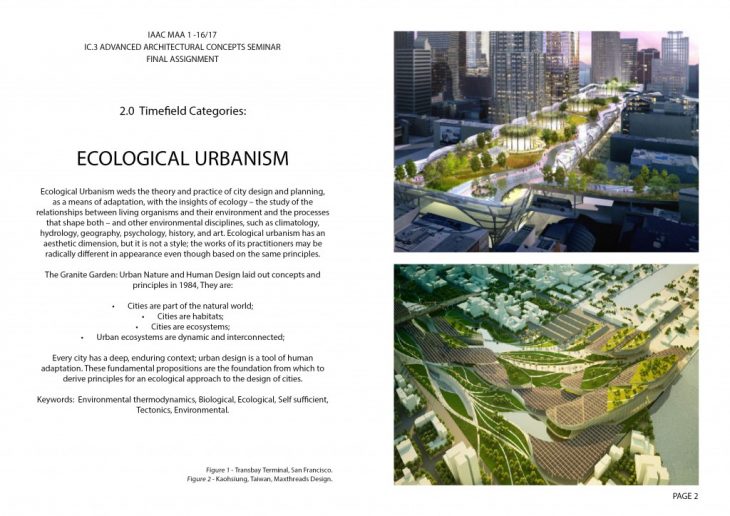
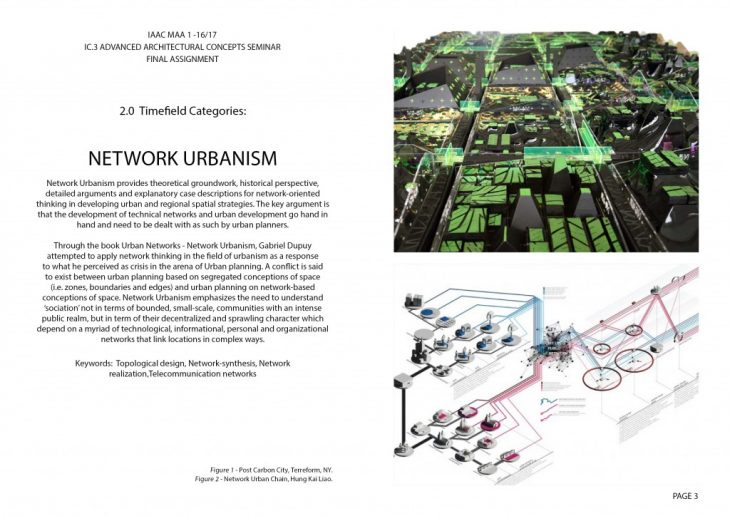
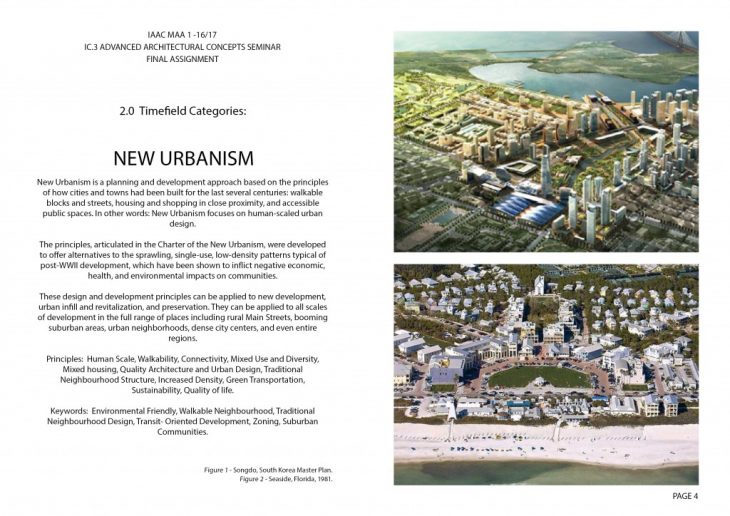
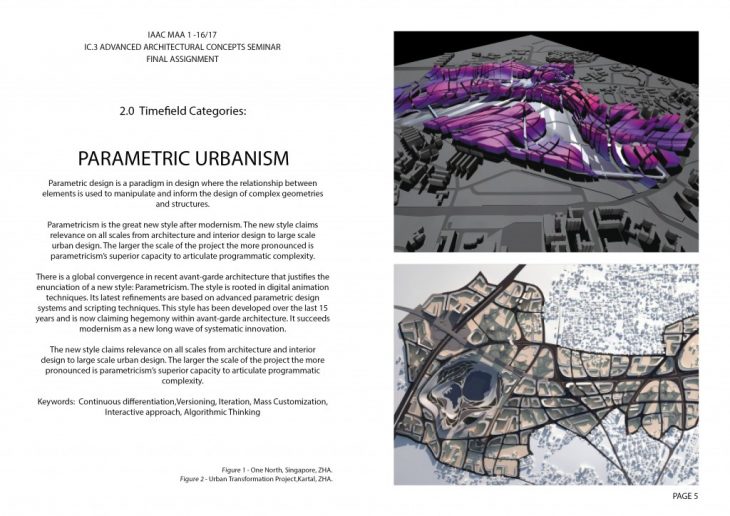
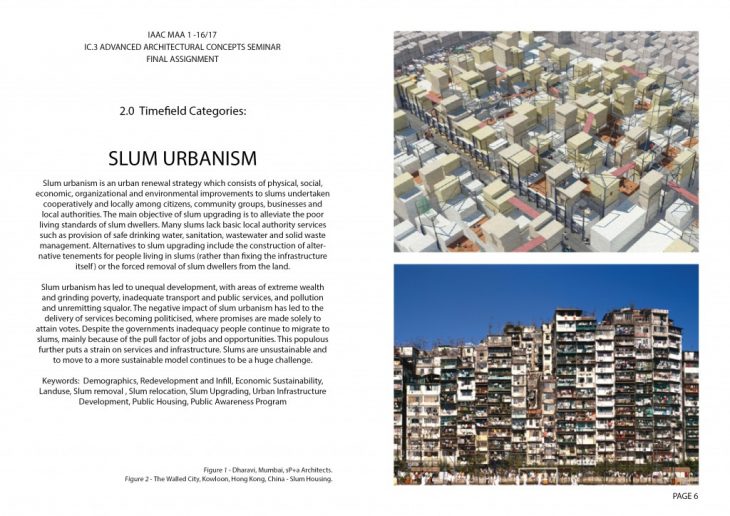
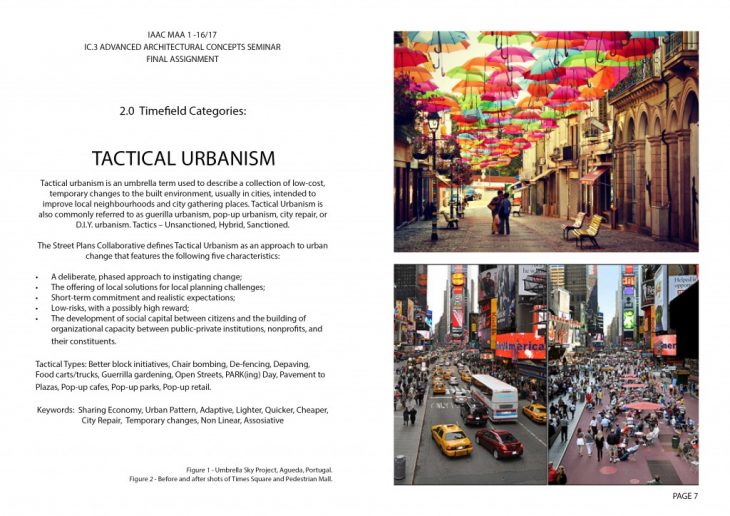
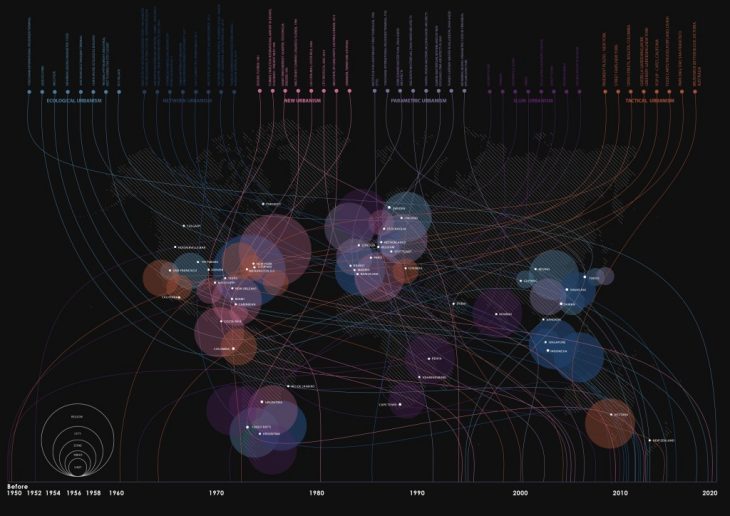
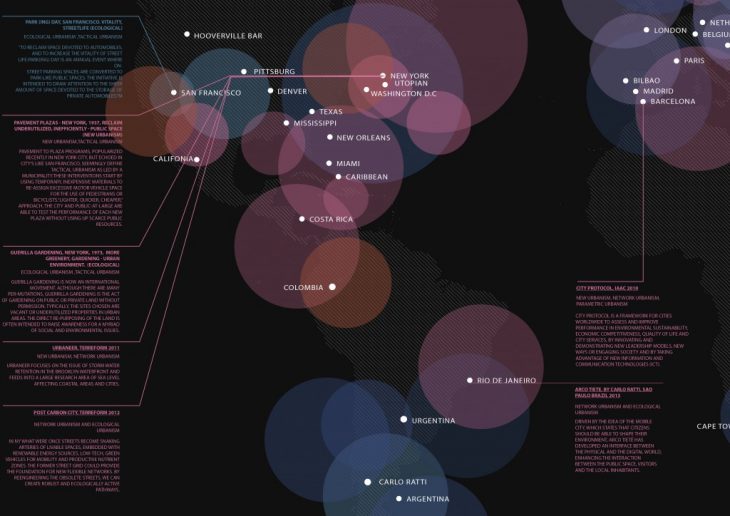
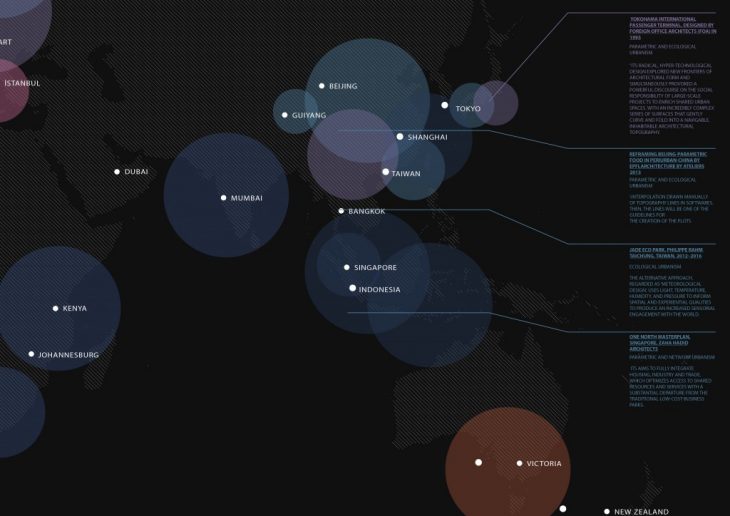
URBANISM – G.08 – Theory for Advanced Architecture [TAK]
IC.3 ADVANCED ARCHITECTURAL CONCEPTS SEMINAR
Team: Aishwarya Hokrani, Archana Ravikumar, Montakan Manosang, Nithin Bhargav Sandesh Ramesh, Sayali Avhad
Faculty: Manuel Gausa, Maite Bravo, Ricardo Devesa, Jordi Vivaldi, Firas Safieddine, Michel Alazzi, Mohamad Elatab.